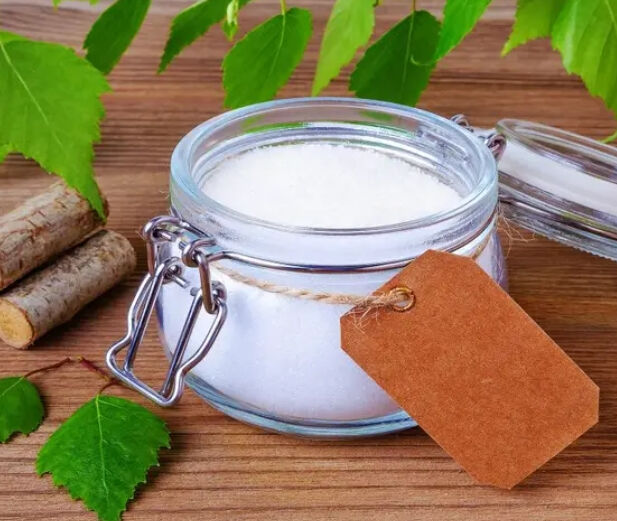Artificial Sweetener Directly Linked to Blood Clots and Heart Disease
This sugar alternative, according to an excerpted report by Eric Ralls, staff writer with Earth.com, is often hailed as a miracle solution for individuals looking to manage their weight or reduce calorie intake. However, this seemingly harmless artificial sweetener could actually be increasing our risk of heart attack and stroke.
A new study led by Dr. Stanley Hazen, a well-known expert in cardiovascular and metabolic sciences, suggests that this sweetener might not be as harmless as it seems erythritol isn’t really processed by the body, so it just passes into the bloodstream and gets flushed out through urine.
Dr. Hazen’s team at the Cleveland Clinic looked into how erythritol affects blood clot formation, adding to a larger set of questions about the physiological effects of common sugar substitutes.
The results were surprising. Healthy volunteers who consumed erythritol at levels typically found in a “sugarless” soda or muffin experienced a staggering spike in blood erythritol levels to well over 1,000 times the baseline. To put these findings into context, when the same participants consumed glucose, their blood didn’t show the same tendency to clot.
This difference is important because it emphasizes that erythritol itself — not just any artificial or natural sweetener — could be a unique risk factor.
These findings have serious implications, particularly for individuals at high cardiovascular risk — those with conditions like obesity, diabetes, or metabolic syndrome.
Dr. Hazen’s research isn’t the first to cast doubt on the safety of erythritol. A previous study published last year in Nature Medicine revealed that cardiac patients with high erythritol levels were twice as likely to experience a major cardiac event within three years.
Moreover, adding erythritol to blood samples increased clot formation, a finding that was confirmed in pre-clinical studies. These consistent results suggest that erythritol, even in amounts typically consumed, may not be as safe as once thought.
Dr. W. H. Wilson Tang, a co-author of the study and research director for Heart Failure and Cardiac Transplantation Medicine at Cleveland Clinic emphasizes the importance of more research, especially long-term studies, to really get a handle on the cardiovascular safety of erythritol and other sugar substitutes.
Just like erythritol, xylitol also was linked to higher plasma levels and impacted platelet aggregation in healthy volunteers. The similarities between these sweeteners hint that the risks might not be exclusive to erythritol.
Right now, it’s smart to be cautious about artificial sweeteners, especially for those at high risk for heart disease.
As Dr. Hazen concludes, “Cardiovascular disease builds over time, and heart disease is the leading cause of death globally. We need to make sure that the foods we eat aren’t secretly contributing to this crisis.”
To sum it all up, while the convenience and low-calorie perks of these sweeteners are definitely appealing, we should think about their potential impact on our long-term health.
The full study was published in the journal Arteriosclerosis Thrombosis and Vascular Biology.

